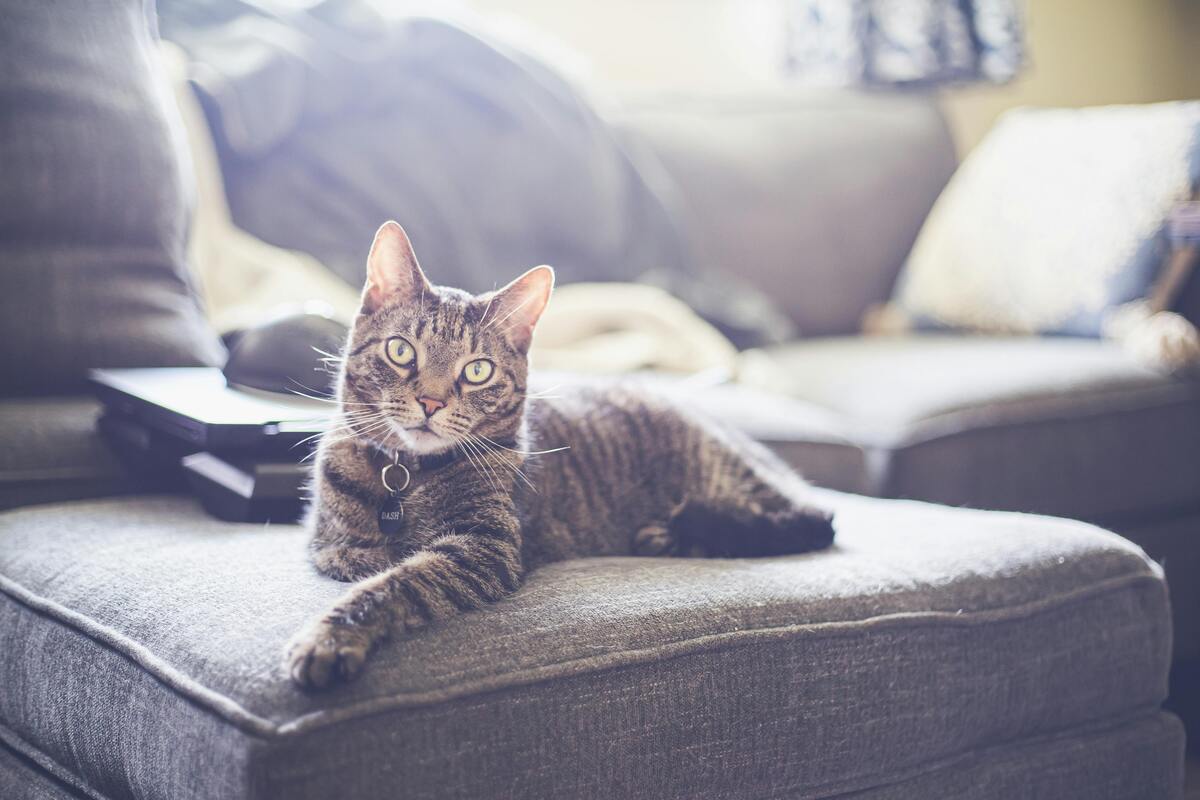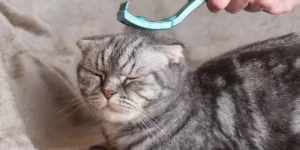As a caring owner, it is sometimes difficult to know when a visit to the veterinarian is required. Some symptoms in a cat require immediate management to avoid serious complications. In this article, we will help you identify the signs that must alert you.
Symptoms requiring urgent veterinary consultation
There are signs that you should consult a veterinarian without delay. The following are the main symptoms to be monitored:
- Difficulty breathing
A cat breathing with difficulty, swallowing or having abnormal respiratory movements should be seen by a veterinarian immediately. Respiratory distress may indicate heart, lung or airway obstruction. - Persistent vomiting or diarrhoea
If your cat vomits or suffers from diarrhea for more than 24 hours, this can cause rapid dehydration and indicate infection or poisoning. Don't let the situation get worse. Consult quickly. - Inability to urinate or blood tinted urine
Inability to urinate, mials of pain during the attempt or presence of blood in urine are common signs of urinary obstruction, a frequent and serious veterinary emergency in male cats. - Apathy or extreme weakness
If your cat seems lethargic, does not react to your stresses or collapse while walking, it may be related to a serious disease such as anaemia or kidney failure. - Long-term loss of appetite
Cats should not stay without eating more than 24 to 48 hours. Prolonged loss of appetite can cause liver liposis, a serious liver disease. - Convulsions or tremors
Unexplained seizures or tremors may be related to neurological disorders, poisoning or metabolic imbalances. - Open injury or significant bleeding
An injury that bleeds heavily or exposes internal tissues requires emergency veterinary care.
Less severe symptoms, but requiring rapid consultation
Although some symptoms are not immediately dangerous, it is important not to neglect them. Examples include:
- Persistent cough or sneezing : This may indicate respiratory infection.
- Excessive scraping or loss of hair : These symptoms may reveal an allergy, parasite or skin disease.
- Sudden change in behaviour : An aggressive, fearful or hiding cat for no apparent reason may suffer from pain or stress.
What to do before arriving at the veterinarian?
If your cat has any of these symptoms, follow these tips to maximize its chances of recovery prior to a veterinarian's intervention:
- Keep your cat calm Minimize stimuli to reduce stress.
- Place it in a comfortable transport box : Use soft cover to reassure him.
- Notice the symptoms Be precise about the time of appearance and the evolution of the signs to facilitate diagnosis.
Why regular veterinary monitoring is important
Even in the absence of serious symptoms, regular visits to the veterinarian can detect diseases at an early stage and prevent health problems.
Conclusion
Recognizing the symptoms that require rapid intervention can save your cat's life. Be aware of any changes in behaviour or health and do not hesitate to consult a veterinarian if you have any doubts.
At our shop, we offer products designed to improve the comfort of cats. To offer your cat all the comfort and attention it deserves, discover our selection of products specially designed for its well-being on Claw of Love.





